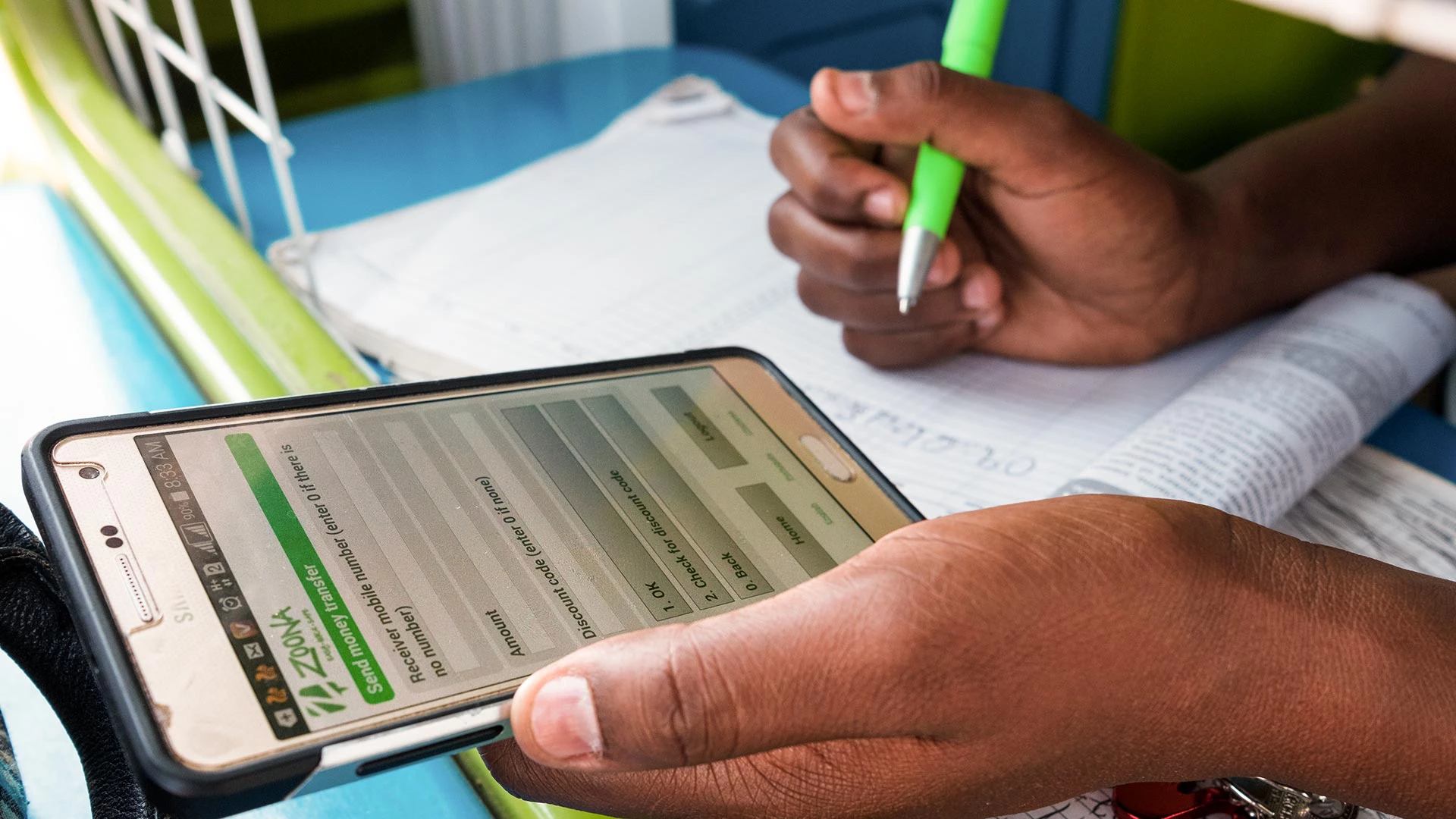IFC works with a diverse range of development partners: from multi-nationals to small local companies, and from government institutions to NGOs, in both investment and advisory services projects.
IFC conducts projects due diligence in a number of areas, these include the following methods:
Last updated: December 2024





